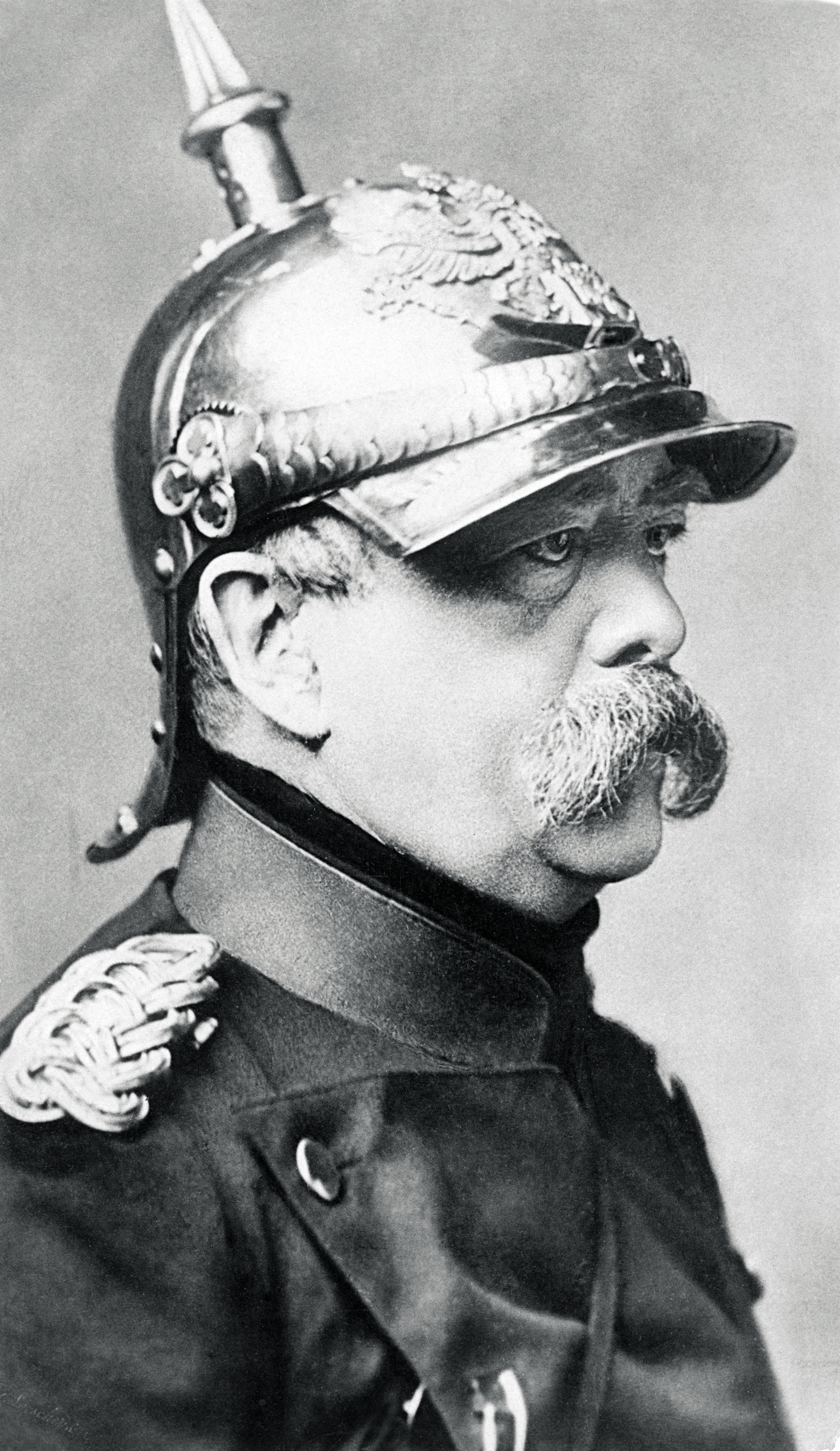USA VS Europe. We had so loved, or perhaps never

George Washington was the first to say that his young country had to remain out of the « often bloody, always turbulent » European rivalries. But the list is long, and on our part of the ocean the diffidence towards « the materialistic and conformist nation without history » has been widely reciprocated. What are the deep reasons? Gore Vidal explained it well, which lived between Los Angeles and Ravello
Gore Vidal (1925-2012), novelist and essayist and « Biographer of America », passed half of his life in Italy: he took home in Rome in the early 60s and in 1972 he bought the swallow in Ravello. He passed six months a year in our country and the other six in Los Angeles in his villa in Beverly Hills (« for this, in a certain sense, I never live in the United States », he loved to comment by incing the famous eyebrow). Upon his arrival in Rome – he studied, at the American Academy who remained very dear to him, documenting himself for the drafting of his Juliannow published in Italy by Fazi – was amazed at one thing: the Romans who in those years spoke perfectly English almost always belonged to the nobility, often grown with English institutions, and in their conservative eyes America was strongly invised from a cultural point of view, identified as the bearer of trivial and primitive culture. The pro -American, on the other hand, noticed Vidal, were generally left, they had read all the greats from Hemingway onwards, they loved jazz, They saw Washington politically like smoking in the eyes, they were frequent communists. They rarely spoke English in an understandable way. Seen by America, however, the Europeans tended to enter two categories: little loved by deep America, admired by the most progressive part of the country, and more used to travel (Miriam Leonardi, 1939-2018, cordoner owner of the La Buca di Zibello Trattoria, immortalized in the book of Bill Buford Heat and in a very long service on New Yorker, The dichotomy was reassured: « They tell me that the Americans are fat, but those who travel and come here are all thin »).
The nature of the transatlantic relationships, leaving, was characterized by a double track. Also physically embodied by Thomas Jefferson, Ambassador to Paris and then president, one of the inventors of America together with the other « founding fathers »: many very important Americans admired and were influenced by European culture and thought, but it is a fact that the anti -European feeling was also founding for the very idea of being American, often contrasting the virtues and potential perceived of the new nation perceived and the « old -fashioned traditions of the » old » world ».
The first president, George Washington, a revolutionary leader who defeated the British, In his farewell speech (1796) he forged with his authority and his undisputed prestige that remained as an angular stone of American foreign policy throughout the nineteenth century and also serves today to illuminate how much the isolationism of Donald Trump speaks to something very deep in the veins of America, in his DNA. Washington warned against permanent alliances with foreign nations, in particular European ones, the vital interests of which appeared to him with poor relevance for the United States.
The interests of the newborn nation, according to Washington, would have been better protected by political independence by business – Often bloody, always turbulent – of the European continent.
Thomas Jefferson, third president, in his inaugural speech further consolidated this principle by supporting « peace, trade and sincere friendship with all nations, without tightening alliances with anyone ». It is difficult to distil better than the expression of the American instinct of the origins on political detachment from Europe. He was not technically political anti -Europeanism: Jefferson, former ambassador to Paris, was a very cultured man, admirer of French enlightenment and attentive reader of Cesare Beccaria (he had two different editions, one original, of crimes and penalties, a book much loved also by John Quincy Adams). More than anything else, a pragmatic evaluation of American interests and the desire to avoid being involved in European conflicts. In addition, Jefferson contrasted the « natural aristocracy » of talent and virtue in America to the « artificial aristocracy » in Europe linked to the condition of birth.
According to Thomas Paine, the same American revolution was a refusal of the « old and corrupt European powers », seen as oppressive and antithesis monarchies of the newly formed American Republic. Here the roots of what was then called American exceptionalism, the freedom of the United States perceived as an antithesis to the dying European political orders.
In a fundamental speech (4 July 1821), John Quincy Adams warned that America « does not go abroad in search of monsters to be destroyed », considering the European wars and colonial ambitions incompatible with the American republicanism based on the values of freedom and self -government. It is essentially the one who then became famous as « Monroe doctrine » by James Monroe (1758-1831), fifth president.
But there was not only the geopolitical element: Ralph Waldo Emerson (1803-1882) Father of American transcendentalism, he strongly insisted on the need for cultural independence from Europe, Using the compatriots to stop imitating European intellectual traditions and creating their own (Europe that he saw as retrograde and overcome by the path of history, while America was a land of possibilities and moral awakening).
To understand America, today as in the nineteenth century, it would be appropriate to read Mark Twain (1835-1910). Not only because the Twain idiom is an admirable example of the evolution of the English language from that of Oxford to that of the former colony that has become independent, but why Twain still illuminates the American mind, his Ethos, like no other overseas writer.
The young twain would seem to the reader of travel writings of The innocent abroad An evangelist of American exceptionalism who knew how to make fun of our tics, opposing the American « innocence » to the hypocrisies of the « old world ». But twain declared himself serenely Anglophile, admirer of laborosity and Germanic precision in a anything but eggputicist perspective.
It is better to read (or watch, the ceremony is on Netflix) the speech by the comedian Conan O’Brien – one of the best in America for thirty years – at the ceremony of the Mark Twain Prize that has just been awarded to him by the Kennedy Center of Washington.
Twain, explained O’Brien, was « suspicious of populism, skivinism, imperialism, maniacal obsession with money, any expression of overwhelming or American arrogance. Twain said that « patriotism is to support your country at all times, and your government when it deserves it ». Twain hated bullies. He populated his works of violent characters and meant that his readers hated them passionately. He attacked the strong, not the weak, for which he felt profound empathy … twain made the tour of the world and wrote that « traveling is fatal for prejudices, bigotry and mental narrowness, and many of ours have a desperate need for this reason » « .
Twain, now elderly, became a fervent antimperialist, criticizing American actions in the Philippines like European imperialism in Africa – LTo « his » America was, if not isolationist, wary of adventures abroad just like Washington and Jefferson thought.
This anti-European feeling also united important American personalities of the twentieth century which, for the rest, were radically different for ideology, culture, extraction: President Theodore Roosevelt (1858-1919) particularly hostile to what he considered European weakness in the face of growing threats and at the same time the authoritarianism that saw dominant (« European nations are, for the most part, governed by states. do not understand the spirit of democracy « , 1904),
Henry Ford (1863-1947) saw « European influences » such as smoking in the eyes: they were-remarkable xenophobic and anti-Semitic tones – For him, corrupt, elitarian, in their very chaotic and subversive nations, preaching a sort of American industrial nationalism based on social order.
Charles Lindbergh (1902-1974), aviation hero, was the voice and face of the America First movement (expression resurrected by Donald Trump in 2016). He firmly opposed the involvement of the United States in European wars, considered Europe cyclically, structurally, chronically involved in conflicts. The writer HL Mencen (1880-1956), very cultured, perfectly knew European art and literature but a mockery of the European aristocracy was made and of the intellectuals to whom he attributed sterility and pretentiness. And for Malcolm X (1925-1965) Europe was the cradle of European colonialism and white supremacy, as of the exploitation of the South of the world.
The central question, in the nineteenth century above all but also beyond, was the strong American push to forge a national identity, unique and indivisible as per the constitutional mandate. Path that has often led to a certain degree of cultural nationalism, criticism of European traditions, well before the technological revolution of the late twentieth century which allowed America to dominate the Tech sector without competition (in 1980 the ranking of the most capitalized companies in the world was IBM, AT & T, Exxon, Standard Oil, General Motors, General Electric; in 1999 he saw at the General Electric vertex, followed by Microsoft, Exxon Mobil, Worldcom, AT&T, and IBM; in 2024, however, here is Apple, Microsoft, Amazon, Alphabet, Berkshire Hathaway).
And Europe? Restlessness – when not exactly hostility – anti -American went to Bismarck (1815–1898) which considered American democracy chaotic of « a nation without history » to Von Pareernich (1773–1859) which saw in Washington a threat to the monarchical order, a model capable of inspiring liberal revolutions in Europe. Writers like Charles Dickens (1812–1870) were upset by slavery, rampant materialism, cultural roughness of the American masses. And a very fine analyst of the American reality such as Alexis de Tocqueville (1805–1859), author of Democracy in AmericaNet of the admiration for the constitutional structure underlined the tendency to the conformism and materialism of America. Richard Wagner (1813–1883) looked at American culture with contempt, considering it a society without roots (« the American spirit, with its mercantile obsession, is the antithesis of true art, which requires a soul rooted in tradition »).
In a letter from 1830, the great poet Heinrich Heine (1797-1856) wrote that « America is a land where the dollar is sovereign and the muses are confined to wild nature. » In short, between complex of cultural superiority and pure nationalism, passing through the concrete fear that the democratic ideals spread from the United States to Europe, the US-Europe duel fought almost immediately between mutual social and cultural anxieties, economic competition, native feelings (and opposition to European immigration: then the immigrants were we Europeans).
With the twentieth century the increasingly active role of America through two world wars you have not started but concluded, and the cold war, have consolidated those ancient attitudes with the « bonus » of the structural anti -agent of the Soviet bloc and of most of the left of western Europe.







